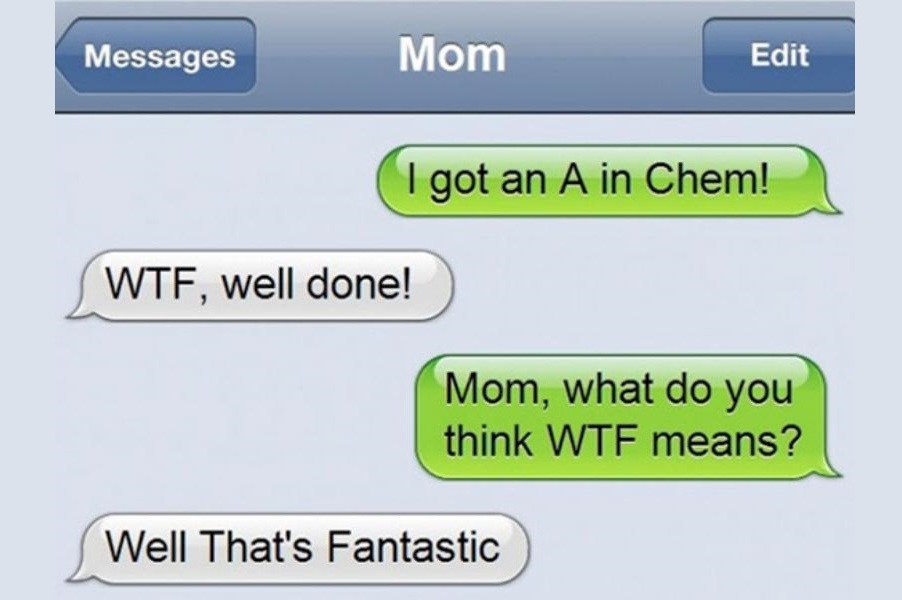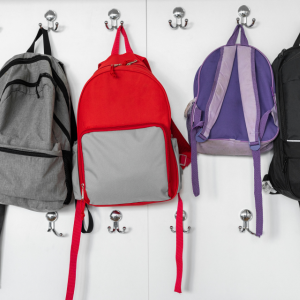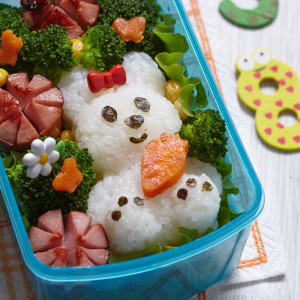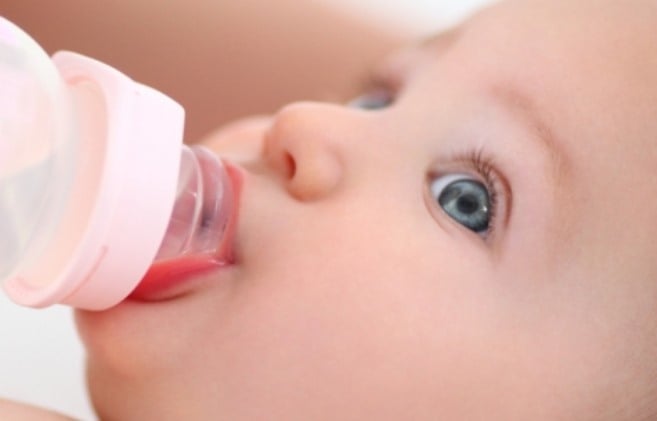
Aside from dispensing milk, bottles also give toddlers a sense of security, that makes it even more difficult to take these bottles away even when it’s already past time to do so.
So, when should your child give up the bottle?
Studies show that parents shouldn’t wait too long to take this crucial step — considering the fact that it could increase the difficulty. Fortunately, there’s a number of ways on how to make the transition easier and tolerable for your precious little one.
Is Too Much of a Good Thing Bad?
Based on studies, children who drank milk from a bottle at 24 months of age are usually more obese as compared to those who do not. To support that, the researchers at Temple University conducted a study where 6,000 children from birth to five-and-a-half years of age were observed. It showed that those who were drinking from a bottle until two years of age tend to be overweight. The results rang true even after the researchers considered other factors, such as the child’s birth weight, mother’s weight, and the feeding practices during infancy.
Furthermore, according to the Australian Paediatric Society, babies should no longer be using a bottle around a year in age and not later than 18 months. However, if a baby was born prematurely or has a health concern, such as failure to thrive or difficulty in digestion, then it’s advisable to consult a doctor in order to determine the proper age to wean your baby.
Problems Related to Prolonged Bottle Feeding
1. Weight Gain
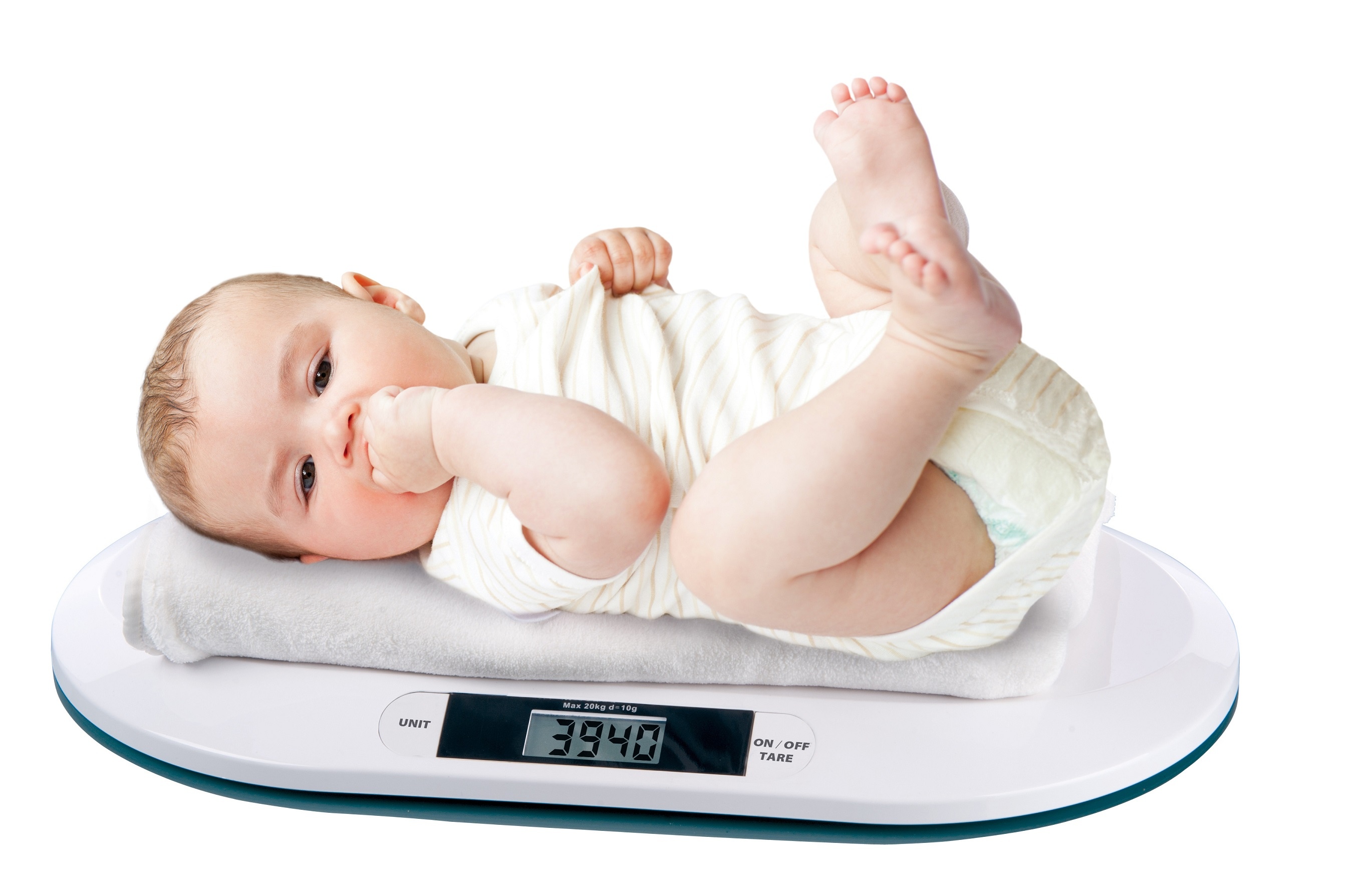
Based on studies, extended bottle use (defined as drinking from a bottle beyond two years of age), contributes to additional calorie intake to a child’s diet. This increases the risks of obesity. Also, the moment your baby can start eating solid food around 4-6 months of age, and by a year old, they’ll usually eat more solid food than the milk they drink.
2. Tooth Decay
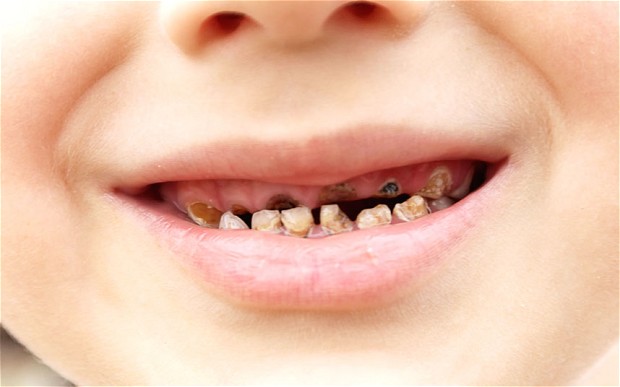
The moment your child’s teeth start to grow, feeding him milk before going to bed (or in bed) could contribute to tooth decay. Often, babies have the tendency of falling asleep while drinking their milk, thus, it pools in their mouth and the sugar present in milk could damage the teeth.
3. Difficulty in Sleeping Alone and Bottle Attachment
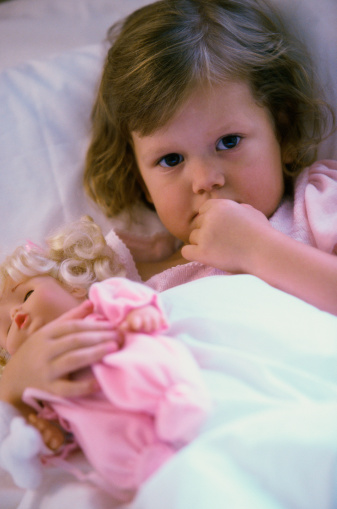
A lot of parents have the habit of giving their babies a bottle before bed. Although this may seem harmless, it hinders the ability of a child to learn to fall asleep on his own. Also, the longer you offer bedtime bottle, then expect that your child will become more attached to it, that it’ll be difficult for him to sleep alone.
The Best Ways to Transition from Bottle to Cup
After knowing when your baby should stop using a bottle, the next thing you should know is how you can help your child get over using a bottle.
1. The Timing of Transition Should Be Right
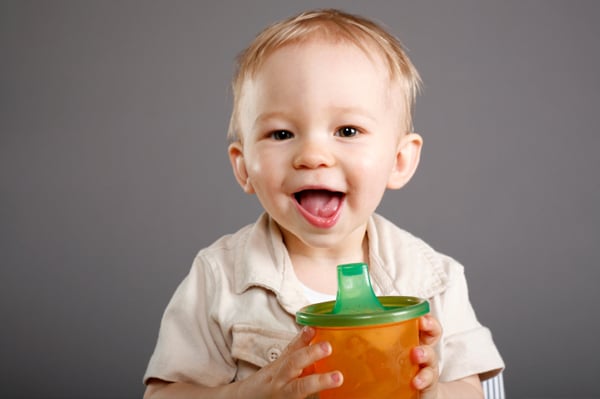
Most paediatricians suggest that parents should start to introduce their baby to a sippy cup around six months of age. Don’t worry if at first, most of the liquid given to your baby’s cup accidentally spills — this is quite normal. Likewise, as they age, their dexterity and coordination from drinking a cup on their own will also improve. Additionally, one year of age is also perfect to make the switch from drinking in a feeding bottle to a cup. For those who are breastfeeding, you could also consider feeding your child’s breast milk in a sippy cup as well.
2. Try to Introduce the Cups in a Fun and Creative Way!
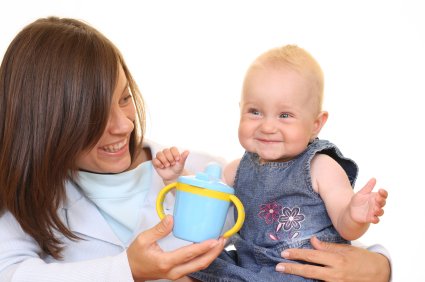
Be creative and try to show your precious little angel how a sippy cup works. While you do, try to encourage them to mimic the actions you’re doing. Start by filling the cup with some water and cheer them whenever they make a progress as they try to get the liquid into their mouths. Soon after, they’ll get used in drinking from the cup, and once they do, you can give them milk as a reward.
3. Consider Using Different Kinds of Cups
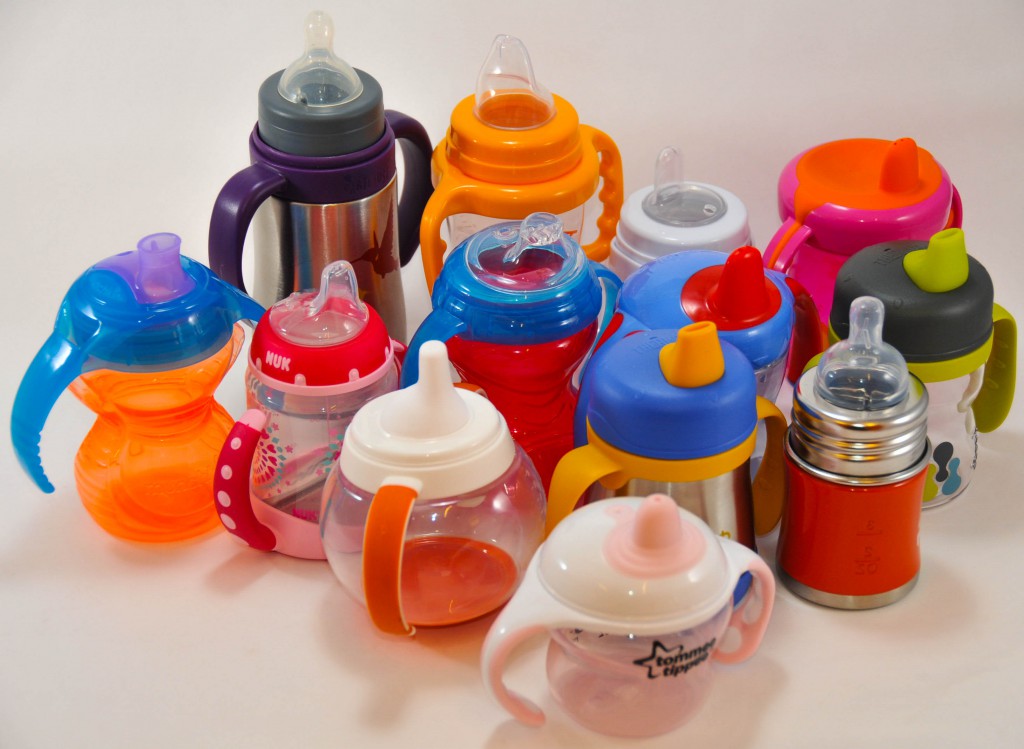
There’s a wide range of sippy cups that you can choose from. Your child may prefer one design of sippy cup over the other and this will encourage them to drink from that cup every time he/she needs to. You can also look for sippy cups that have their favourite designs and characters — if he/she finds these designs appealing, then they’ll definitely love drinking from it.
4. Dilute Milk in The Bottle
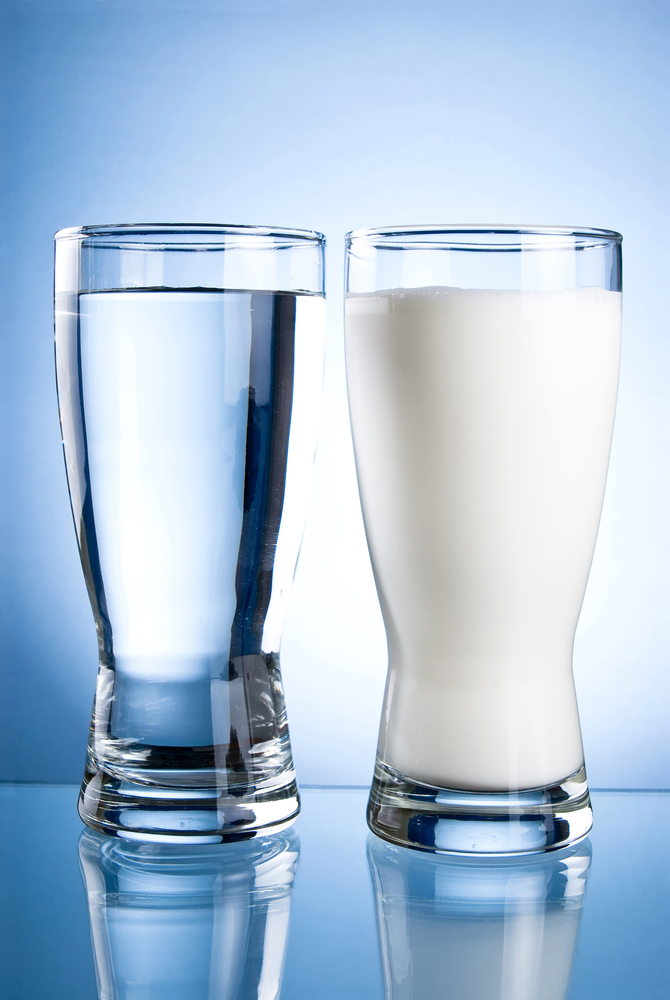
The best way to wean your child from a feeding bottle is by diluting the milk in your child’s bottle with more water. As you do, try to add more milk in the servings they receive from a cup. They’ll eventually notice the change of taste and because the milk in the sippy cup tastes better, there’s no doubt that they’ll choose this over the milk in their bottle.
5. Don’t Be Afraid to Throw the Bottles Away!
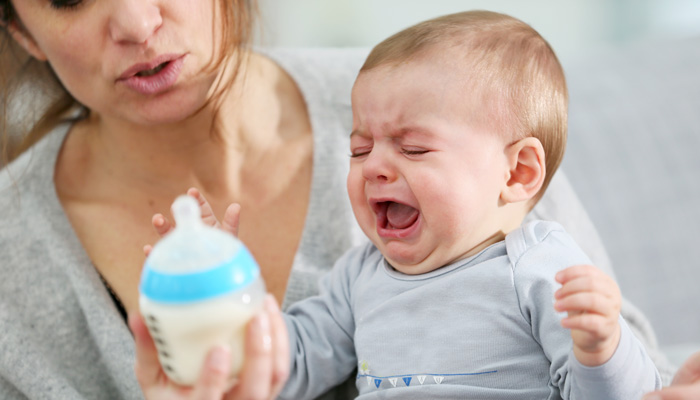
If you really want to keep your child away from those feeding bottles, then there’s no better way to do that than throwing those bottles away. Although this will make your child feel upset at first, know that they’ll eventually move on and it can help in making the transition easier.
Additional Reminders
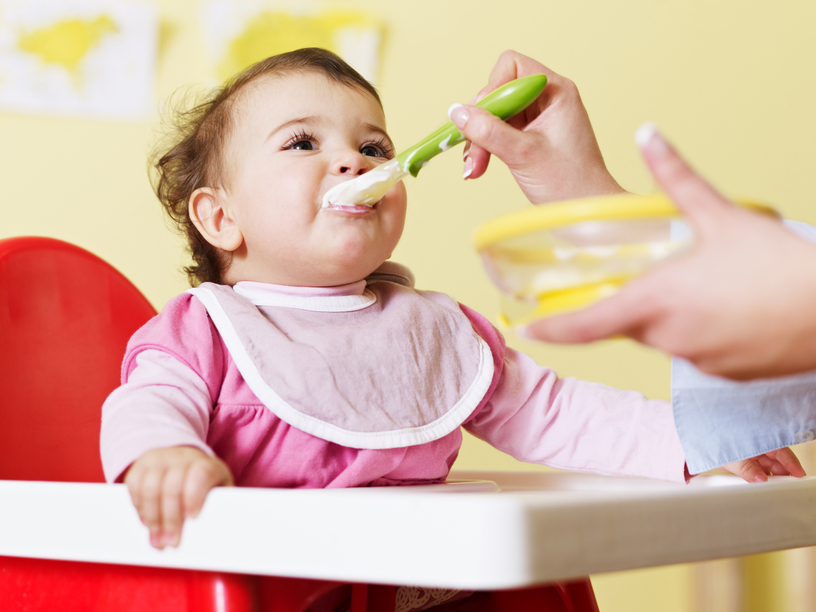
As you try to wean your child from their feeding bottle, you should know that patience is very important. During the process, you should also encourage your child to eat solid foods, and if they are quite resistant from weaning, then you should really consider feeding them solid foods before you continue with your efforts. Some kids start to lose interest whenever they start eating solids — and if your little one does, then you’re very lucky!
Lastly, always discuss weaning strategies with your child’s paediatrician or child health nurse, especially if they’re having trouble. It’s true that stopping the bottle at a year of age will never be easy, but if you’ll wait till they’re two, it will just be harder for you and your child.
What can you say about weaning your child from bottle feeding?

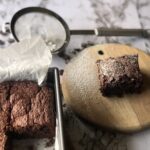
 Top 14 Online Adult Shops in Australia
Top 14 Online Adult Shops in Australia 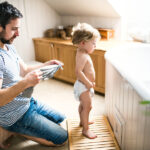 List of Environmentally Friendly Disposable Nappies (and...
List of Environmentally Friendly Disposable Nappies (and...  List of the Best Weight Loss Shake...
List of the Best Weight Loss Shake...  Where to Buy Wholesale Vibrators to Sell...
Where to Buy Wholesale Vibrators to Sell...  Our Honest Bed Threads Review 2021
Our Honest Bed Threads Review 2021 